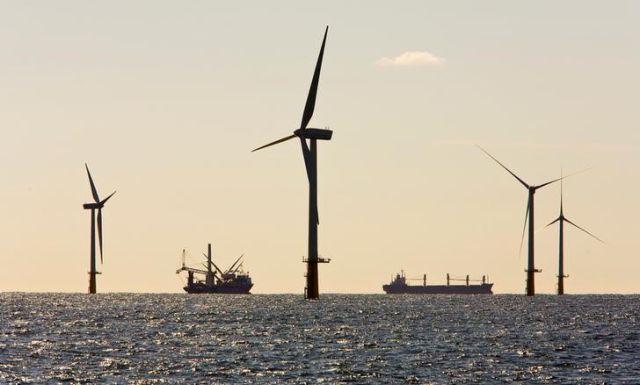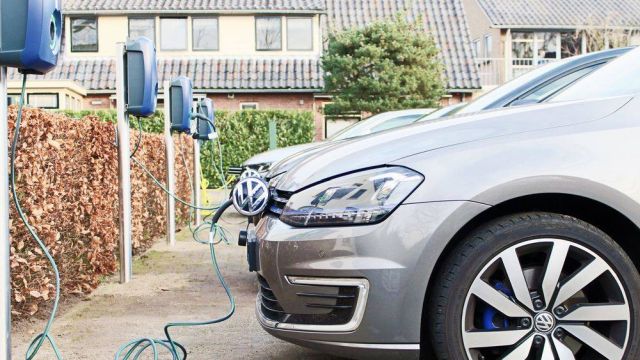
Powering EVs with 100% renewables by 2030 could be cheaper than estimated
India’s Niti Aayog created ripples when it revealed a vision to completely switch automobile sales in India to electric vehicles (EVs) by 2030. EVs would obviously have a large impact on the environment. However, there are significant financial benefits attached to this transition as well: An EV owner could save close to Rs 37,000 (over $580) annually if India meets its renewable energy (RE) targets.
According to a paper by the Lawrence Berkeley National Laboratory, an EV owner is expected to save Rs 9,200 each year, even after including the higher capital cost of an EV over a traditional internal combustion engine (ICE) vehicle. However, some of the assumptions by the Berkeley lab were quite conservative. Building on that model, we used comparatively less conservative assumptions in terms of crude oil price, wind and solar installations.
The Berkeley study assumes no increase in the cost of international crude oil. Also, the study considers the base case as one with only 39 GW of installed solar capacity and 58 GW of installed wind capacity by 2030. However, India’s rapid progress in RE installation — 16.6 GW of solar capacity and 32.7 GW wind capacity in 2017 — itself indicates that it is well on its way to achieving an energy generation profile with a large amount of RE-based generation.
If India is able to install the targeted 180 GW solar and 110 GW wind power by 2030, the output from these two sources would be around 18 per cent of the total electricity generation. This is significant because while the average cost of electricity generated by solar and wind power are expected to fall to +/- Rs 1.71 and Rs 1.57, respectively, the cost of electricity from non-RE sources is expected to rise to Rs 4.57 by 2030, even by conservative assumptions. With this, the average cost of electricity produced in India would be around Rs 5.0/kWh.
With these costs, an EV owner would be able to save over Rs 36,700 per year in fuel costs over an ICE vehicle. With the difference in the capital costs of both vehicles expected to be in the range of Rs 1.08 lakh, an EV owner would be able to recover the incremental cost of his vehicle within just a year. In case the entire electricity consumption for EV vehicles were to be sourced from RE sources, fuel cost savings could increase by another +/- eight per cent (INR 39,636).
At a national level, too, there will be a significant financial impact of this transition to EVs. Moving to EVs would help India reduce its crude oil consumption by 360 million barrels/year. Assuming that international crude oil prices continue to grow at their historical rate of 2.7 per cent and reach around $96/barrel by 2030, the move to EVs would help India save +/- $27.8 billion annually by 2030. Given both, the national balance of trade, as well as national energy security, this would be a massive step to achieving self-reliance in the energy sector.
(Jai Sharda is Managing Director, Equitorials, a financial research and solar energy firm. He can be contacted at jai@equitorials.com )
—IANS

